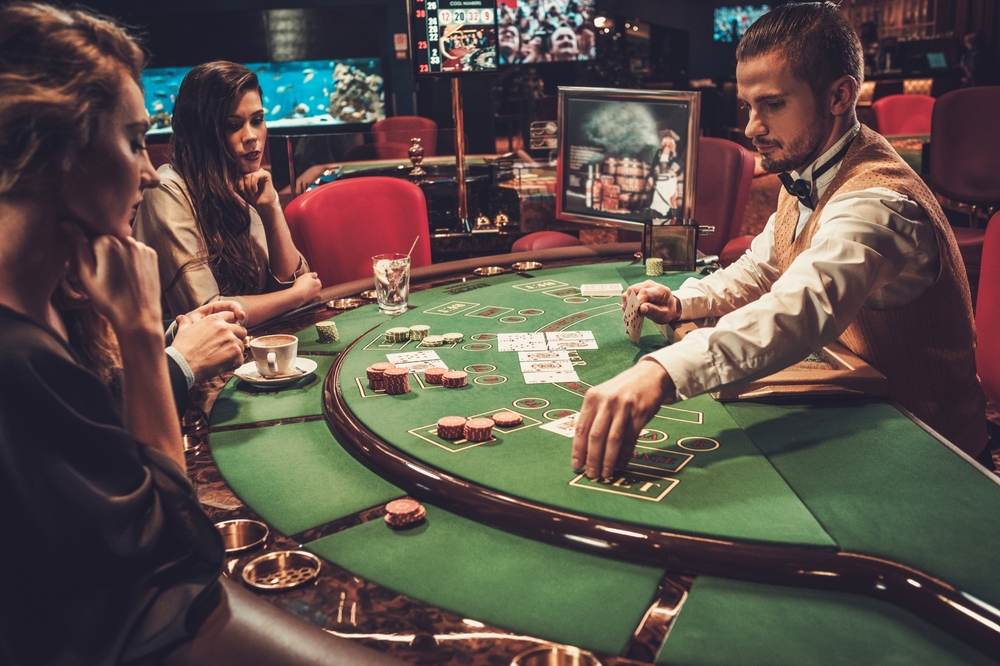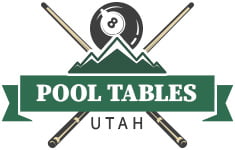Poker is more than just cards and chips—it’s a game of psychology, strategy, and subtle social cues. While most players focus on their hand strength and betting patterns, few stop to consider the influence of the poker table itself. Could the shape of the table—the very layout where the game unfolds—impact the way players interact, strategize, and even perceive their chances of winning? The short answer: yes.
Table design is more than a matter of style. From round tables that promote inclusivity to oval tables that highlight hierarchy, the shape and structure of a poker table can subtly shift the dynamics of play. Let’s take a closer look at how psychology and design intersect in the fascinating world of poker.

The Classic Oval Table
When people picture a poker game, the image that comes to mind is almost always an oval-shaped table. There’s a reason for this. Oval poker tables are the gold standard in casinos and home games alike.
From a psychological standpoint, the oval layout places the dealer in a central position of authority. Players naturally orient toward the dealer and often feel a heightened sense of order and legitimacy at the table. This structure helps maintain smooth gameplay, as everyone can clearly see the dealer’s actions and betting rounds.
But the oval shape also influences social interactions. Because some seats are positioned at the “ends” of the oval, players may feel closer or farther from the dealer, creating subtle perceptions of advantage or disadvantage. For instance, sitting directly across from the dealer can give players a strong vantage point of the entire table, which may affect how they read their opponents.
Round Tables and Equal Ground
Round poker tables, while less common in formal settings, foster a different kind of atmosphere. Without a defined head of the table, all players sit on equal footing. This layout promotes camaraderie and reduces the sense of hierarchy.
Psychologically, a round table can encourage more open interaction. Players may feel less pressure and more willingness to engage in conversation, making it ideal for friendly home games or social poker nights. However, the lack of a focal point like a dealer position can sometimes lead to less structured play.
In competitive contexts, round tables can subtly alter strategy. With no player at a literal “end,” the balance of power feels more evenly distributed. This might influence how aggressively or conservatively players bet, especially among friends who view the game as entertainment rather than high-stakes competition.
Octagonal Tables: A Blend of Structure and Social Play
Somewhere between the oval and round table sits the octagonal design. Popular in home game setups, octagonal tables usually seat up to eight players and combine aspects of both round inclusivity and oval order.
From a psychological angle, the angular corners give players distinct “spots” at the table, which can reinforce individuality and personal space. This layout allows each player to feel seen and acknowledged, reducing crowding and promoting comfort. At the same time, the overall shape still creates a circular feel that encourages group interaction.
For players, octagonal tables strike a balance: serious enough for focused play but friendly enough to avoid the intimidation sometimes felt at oval “casino-style” tables.
Layout and Player Behavior
Beyond aesthetics, the table shape can influence specific behaviors during a game:
- Aggression vs. cooperation: Oval layouts often feel more competitive due to the dealer’s position, while round or octagonal layouts encourage cooperation and social bonding.
- Focus and attention: Oval tables direct attention toward the dealer and betting action. Round tables diffuse attention across the group.
- Perception of fairness: At a round table, every seat looks the same. At an oval table, players may subconsciously assign more importance to certain positions, such as “under the gun” or “cutoff.”
These psychological nuances may not determine the outcome of a game, but they can shape the overall experience. A table that feels balanced and fair encourages players to relax, enjoy themselves, and return for more games in the future.
Choosing the Right Table for Your Setting
So, does shape influence play? Absolutely—but context matters. If you’re hosting professional or semi-serious games, an oval table provides the formality and structure players expect. For casual gatherings or family game nights, round or octagonal tables create a warmer, more inclusive environment.
Customization also plays a role. Beyond shape, features like padded rails, cup holders, and felt color can affect comfort and atmosphere. A sleek black felt with chrome trim might create a high-stakes vibe, while a lighter finish with wood accents feels more relaxed. Ultimately, the table should reflect both the type of games you host and the personality of your space.
Conclusion
The shape of a poker table is more than a design choice—it’s a psychological tool that can subtly shift the dynamics of the game. Oval tables emphasize structure and competition, round tables encourage equality and conversation, and octagonal designs blend the best of both worlds. Understanding these influences allows you to select a table that enhances not only gameplay but also the overall experience for your players. Whether you’re chasing the thrill of high-stakes competition or simply looking to elevate your game nights, the right table layout can set the stage for unforgettable poker moments.
At Pool Tables Utah, we know that the right table can transform your game nights from ordinary to unforgettable. Whether you’re interested in a professional-style oval table or a versatile round or octagonal design, our collection of custom poker tables blends craftsmanship with style. Explore our range today and find the perfect table to match your playing style and home aesthetic.



